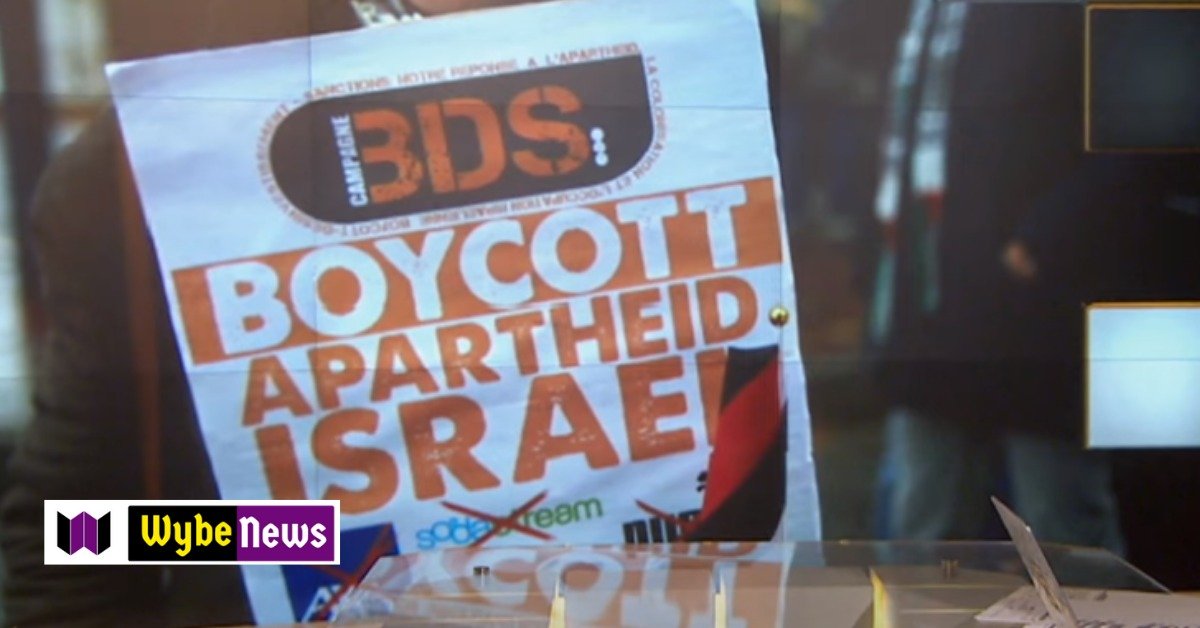Consumers worldwide join forces in solidarity with Palestine, boycotting companies linked to Israeli actions

Amidst the ongoing conflict in Gaza, a global movement to boycott companies supporting Israel gains traction. Critics raise concerns about anti-Semitism, while advocates emphasize the nonviolent nature of the Boycott, Divestment, and Sanctions (BDS) movement. Major brands such as McDonald’s, Starbucks, and Domino’s face scrutiny as consumers rethink their purchasing decisions.
Consumer Backlash Hits Corporate Giants: Sales for McDonald’s, Starbucks, and Domino’s experience a significant downturn as consumers align their spending with the BDS movement. The movement strategically targets companies with ties to Israel’s actions in Gaza, urging individuals to reconsider their support for brands linked to the conflict.
The BDS Movement, A Global Call for Change: Originating in 2005, the BDS movement is a Palestinian-led initiative advocating for global pressure on companies profiting from Israel’s occupation. The movement extends beyond consumer boycotts, also calling for divestment and sanctions. Critics argue it risks being labeled as anti-Semitic, while supporters emphasize its commitment to human rights and justice.
Ahmed’s App: Navigating the Boycott Landscape: Ahmed, a Palestinian in Budapest, creates the “No Thanks” app, providing users with a tool to identify and boycott brands complicit in the conflict. Driven by personal loss, Ahmed aims to prevent further tragedies and channel global consumer influence towards promoting peace in his homeland.
Concrete Impact on Companies: BDS successes include companies like G4S, Veolia, and Orange, which faced financial losses and public pressure leading to their withdrawal from Israeli operations. Critics question the economic impact, while supporters believe the movement’s cumulative efforts contribute to a growing global shift in public opinion.
Political and Economic Impact: The BDS movement’s success extends beyond financial implications, influencing political decisions and international forums. Israel’s Prime Minister acknowledges the movement’s impact, highlighting concerns over US arms shipments and global political pressure.
Changing the Narrative: Supporters argue that the BDS movement is changing the narrative surrounding the Israeli-Palestinian conflict. By highlighting complicit companies and advocating for justice, the movement seeks to counter misinformation and present a clearer understanding of the situation.
Looking Ahead: The BDS movement continues to grow, emphasizing targeted campaigns against specific companies and institutions. The goal is to isolate Israel politically and economically until the injustices, including apartheid and genocide, cease.
As the global BDS movement gains momentum, it faces criticism for alleged anti-Semitism. Advocates stress its commitment to human rights and justice, underscoring the importance of nonviolent means to bring about change. The movement’s impact on corporate giants and international political dynamics marks a significant shift in global solidarity with Palestine.






